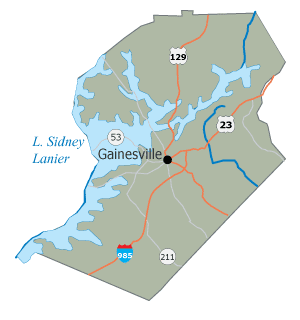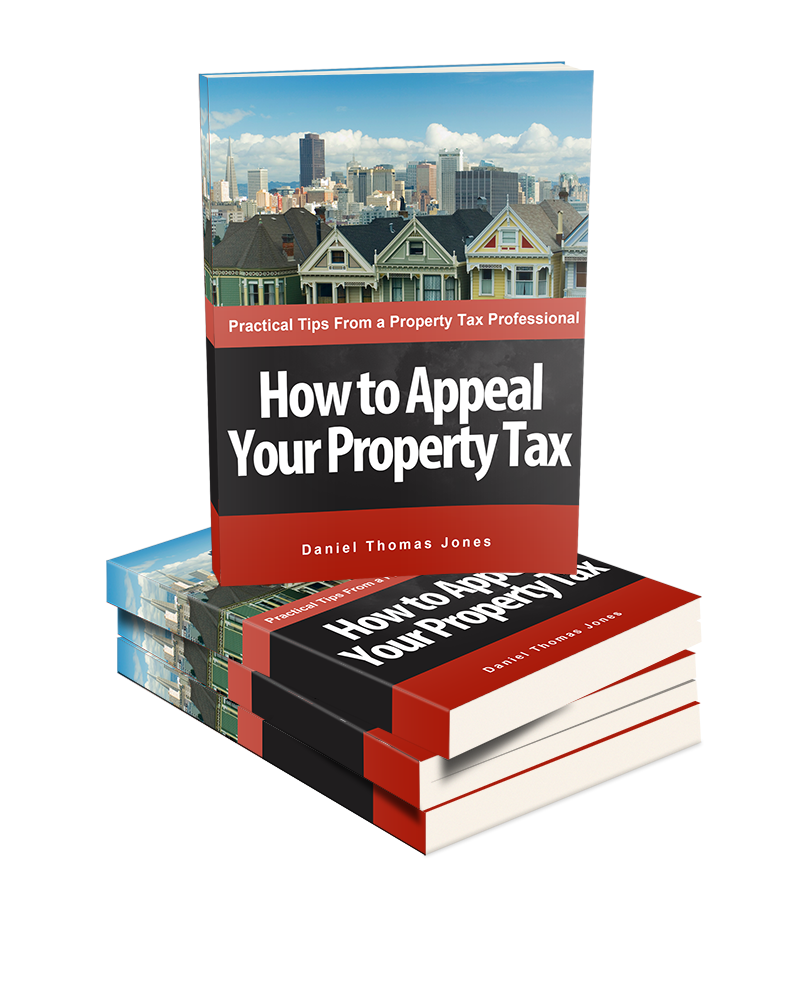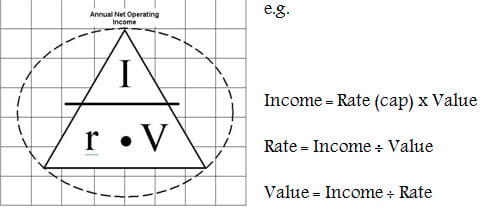The Hall County tax assessor sent out year 2013 property tax assessment notices on April 14. The appeal filing deadline for all counties in Georgia is now 45 days, so you have until May 27 to file a Hall County property tax appeal. A client of ours was thoroughly shocked when he got his 58% increase in Hall County, GA property tax assessment for tax year 2013. This was a community retail center, so it will be interesting to see if the Hall County tax assessor hit just certain property types, or whether many properties throughout Hall County, GA, were increased in value.
It is possible that the Hall County tax assessor is sticking it to commercial property owners and giving residential property owners a break. It has yet to be seen. During the recovery from the great recession the commercial real estate sector has been doing quite well, due to the low level of interest rates in the economy and institutional money seeking out higher rates of return with relative safety. Commercial real estate, especially the apartment sector has been especially desirable for institutional money and all commercial real estate capitalization rates have fallen since the height of the recession.



-resized-600.jpg)



.png)



